Many countries now employ surveillance cameras in public places as a primary tool to monitor population movements and to prevent crime and terrorism, both in the private and public sectors. Here, we assess the role CCTV cameras and video surveillance systems play in improving safety and security, as well as the myriad other functions that integrated AI and analytics software is now affording operators.
Closed circuit television (CCTV) is a system of video cameras, display devices and data networks that is used to detect and deter criminal activity. Video surveillance systems are used in public and private sectors, such as schools, homes or public spaces for crime prevention purposes.
Councils, law enforcement and security management professionals in the UK rely heavily on video surveillance as a tool to fight crime and prevent terrorism. It is now estimated that there are around 5.2 million CCTV cameras in the UK, with one camera for every 13 people – this number encompasses everything from public surveillance, through to private business operated cameras and even doorbell cameras. So chances are, there is cctv on your street.
If you’re in the security sector and want to explore the latest innovations in video surveillance and CCTV solutions for your business, join us at IFSEC 2023 between 16-18 May at London’s ExCeL!
Find out more and register for your free ticket to connect with leading suppliers and network with peers, here >>
In the past decade, the capabilities of surveillance cameras have been transformed by fundamental shifts in how digital data is gathered, analysed, shared and stored. Security cameras are already playing a key role in the drive to smarter cities and the burgeoning industrial internet of things. Deep learning and AI is becoming more prevalent, as cameras are able to more accurately gather data and make predictions based on integrated analytical software manufacturers have developed. While the shift to a ‘smart home’ environment is also playing its role, as consumers have easier access than ever to easy-to-install wireless devices and doorbell cameras.
Perhaps this is no better demonstrated than via Surveillance Camera Commissioner, Tony Porter’s comments, at IFSEC International in 2019. Tony highlighted how much had changed since he took on the role in 2014, with the growth of facial recognition, drones, body-worn cameras, analytics, GDPR and much more. Modern systems now have “phenomenal capabilities”, though these have created understandable misgivings about the risk for privacy and potential abuse such capabilities create. Porter therefore noted that the Home Office and surveillance industry must ensure only hardware and software compliant with relevant standards, such as Secure by Default, is installed in public and private spaces alike.
As an example of how things have progressed, take a look at this video from IFSEC Global, detailing key trends that came out of our 2021 video surveillance report.
Download the 2022 Video Surveillance Report Get the latest report on CCTV and video surveillance in 2022 by downloading this free report
The UK is recognised as a leading user of CCTV and the public are used to seeing CCTV cameras on virtually every high street. Such systems continue to enjoy general public support but they do involve intrusion into the lives of ordinary people as they go about their day to day business and can raise wider privacy concerns.
The potential value of public surveillance technology was well demonstrated all the way back in April, 2013 when investigators identified the two suspects in the Boston Marathon bombing after sifting through video images captured by the city’s cameras.
The Boston bombers were apprehended quickly due to surveillance cameras. While there is no dispute over how well the public cameras worked on that day, many lingering questions remain and will continue to drive debate for the foreseeable future.
Who regulates and implements CCTV usage?
Who draws the line at what is public interest and just plain harassment when a camera is placed. What about the private camera placed on property with malicious intent? Who regulates the camera on private property? Yes, surveillance cameras are important to deter crimes, however it is important to note who is at the other end of the camera? Who really is watching you? Who ultimately views what the camera lens observes? Who decides when a privately owned security surveillance camera is poorly or maliciously aimed (when the camera is deliberately pointed into the windows of a private residence)?
Back in 2014, Delhi Metro CCTV footages were on YouTube and also at some questionable sites. Who owns responsibility for not misusing the data of public CCTV surveillance? In short – who decides and regulates? It is worth noting though, that it is illegal to record conversations between members of the public in the UK without a justifiable purpose.
Are privately owned, operated surveillance cameras to be treated the same way as public cameras? We also need to draw fine lines about ‘Who really is watching you’? ‘Who owns that camera anyway’? Big brother? The Corporates? Or harassing neighbour? Who draws the line between public interest and harassment? At the moment, nobody! The camera could legally do what a peeping tom could not do. They could peer inside of windows with the full protection of the law on their side. If a person was standing watching outside a window it could be a crime, yet the same person could place a surveillance camera then remotely view a person within the privacy of their home. Most importantly, it is not against the penal code.
Indeed, there is now the issue of facial recognition to think about. More and more vendors are now offering the technology as standard, but there is still much public debate over the usage of automated facial recognition – particularly in relation to data capture and GDPR. Once a face has been captured and identified as a ‘non-threat’, how long should this image be held for? And whose responsibility is it to delete this from the system? Should this be a built-in solution from manufacturers, or should the operator make the decision? There are numerous cases of GDPR breaches among CCTV operators, as shown in an investigation in 2019.
This debate will likely continue to maintain prominence, particularly with technology such as emotion recognition not far around the corner, it seems.
Currently in the UK, the Information Commissioner’s Office regulates much of the data privacy angle of the use of CCTV, while the Surveillance Camera Commissioner also has a role to play in how operators are using systems – particularly in relation to new technology such as automated facial recognition.
If you have nothing to hide, you have nothing to worry about…?
When you’re in a public space, you’re in the eye of the public. So what’s the difference in being watched by a closed circuit TV camera? Even if you were caught picking your nose the police aren’t going to arrest you for that and no surveillance officer is going to put it on national television. Yes, a video surveillance camera in public places is good – it helps in crime-prevention and works as a deterrent. Post crime investigation is easy and catching culprits is easy for law-enforcement officers.
The pros and cons of surveillance cameras in public places below are purely examples of comments that have been debated, and are not designed to replicate views from IFSEC Global and its team.
Benefits of surveillance cameras in public places
- We should have surveillance cameras in public places because they ensure public safety. Rarely will anyone attempt to harm you when they know their actions are being recorded on camera. Cameras keep you and your personal property safe.
The police can identify criminals recorded with cameras. Through surveillance cameras, the police can both prevent crimes from happening and can quickly solve criminal cases with material evidence.
- In addition, surveillance cameras protect against property theft, and vandalism. It is very difficult to get away with stealing something if there are cameras filming you. Therefore, the thief will often get caught. Surveillance cameras will catch the thief before, or during the process of committing the crime.
- If no one is aware of the crime until after it has been committed, the surveillance footage is always a crucial piece of evidence during a police investigation. Surveillance cameras have, and will provide a solution to many crimes.
- Some people may say that we should not have surveillance cameras in public places. They claim that they invade privacy. The argument here, however, is why be out in public if you want privacy? Surveillance cameras are meant to keep you and other property safe, not to stalk you. Cameras are there not to invade a person’s privacy but to protect the public by deterring criminal activity and by providing material evidence when a crime has been caught on film.
- Criminals are less likely to commit crimes in the area if they know they’re going to be being filmed the whole time. Unscrupulous activities like shoplifting hardly seem worth it when pitted against the possibility of going to jail.
- Having cameras in public places make people feel safe. If people know that there are cameras around them, they will most likely not do anything stupid. People feel safer in the knowledge that a potential mugger or attacker will be put-off by the presence of a camera.
- Cameras, through video analytics, now have the ability to zoom in to reveal someone’s identity which can be beneficial to crime prevention when used in the correct way. The criminal can be apprehended quickly. Especially in abduction cases a video would be a great way of tracking down a person quickly and maybe preventing a death!
- The growth of facial recognition and analytical software enables much greater predictive insights into criminal behaviour and more accurate reporting.
Disadvantages of surveillance cameras in public places
- It is an infringement on your civil liberties. Why film innocent people doing nothing criminal in public places. Next, they’ll be putting them in public restrooms.
- “Those who give up liberty for safety deserve neither” – Benjamin Franklin. A camera everywhere is not a deterrent as all that’s needed is a mask. It will allow governments to watch us, which may not matter now, but in the wrong hands, can be catastrophic. We don’t deserve to be watched while living our lives.
- They don’t work. In New York a man got stabbed and was left to die in front of three surveillance cameras. It took the ambulances 2 hours to get to the injured man, and he died before getting to the hospital. The surveillance cameras did nothing to help the man.
- I think this is an awful idea because if a window is open somewhere, a person could look through and watch them all the time so that is an invasion of privacy.
- Police should be out on the streets trying to prevent crime. CCTV cameras are just a less effective alternative to having police walk the streets. CCTV cameras are just there to give the public a false feeling of safety and are a less effective replacement for policing.
- The myth is that CCTV cameras prevent crime but the reality is that they do not.
- Internet connected IP cameras are of particular concern. Such systems are more easily “hackable” than a closed circuit system and the concerns over cyber security only continues to grow.
- Where is the data stored that is captured, and for how long? Are all operators GDPR compliant?
Governance and Governing Body
In the ensuing debates over privacy versus safety and security, advocates on both sides would be wise to consider the following guidelines –
- Responsibilities and Reasons: We need to consider privacy issues when creating surveillance policies. For one, cameras should avoid or mask inappropriate views of private areas, such as yards and windows of bedrooms or washrooms.
- Crime, Cost and Benefits: Public surveillance camera systems can be a cost-effective way to deter, document, and reduce crimes. For example the cost savings associated with crimes averted through camera systems in a city of USA saved over four dollars for every dollar spent on the technology, while another city yielded a 50 cent return on the dollar.
- Document and Publicise Policies. The law enforcing agencies must formulate on how surveillance cameras can be used and what are the disciplinary consequences for misuse. Likewise, officers should be thoroughly trained on these policies and held accountable for abiding by them.
- Forecasting and Post-Event Investigations: The usefulness of surveillance technology in preventing and solving crimes depends on the resources put into it. The most effective systems are those which are monitored by trained staff, have enough cameras to detect crimes in progress, and integrate the technology into all manner of law enforcement activities. Use of correct video-analytics can actually raise alarms about crimes or accidents before they take place. Correct management software will help in tagging, archiving and retrieving the authentic data for post-event investigation.
- Mix of Man and Machine: People should be out on the streets and work-places trying to prevent crime or losses. CCTV cameras are just a less effective alternative to having police walk the streets or security personnel on patrolling and physical surveillance. As with any technology, the use of cameras is by no means a substitute for good old-fashioned ground work. The camera footage provides additional leads in an investigation and aids in securing witness cooperation. The video footage serves as a complement to – but not a replacement for – eyewitness evidence in the courtroom.
Yes, public interest and safety along with surveillance cameras are here to stay. The need to draw definition of a public camera for public interest v/s a private surveillance camera placed for malafide intention must be addressed quickly. Public surveillance cameras and civil liberties can coexist if CCTV Systems are implemented and employed responsibly.
There are many metro / mega cities in India going for City Surveillance Projects, and, before implementing authorities make a shemozzle of ‘policy vacuum’, some regulatory mechanisms are needed to be put in place.

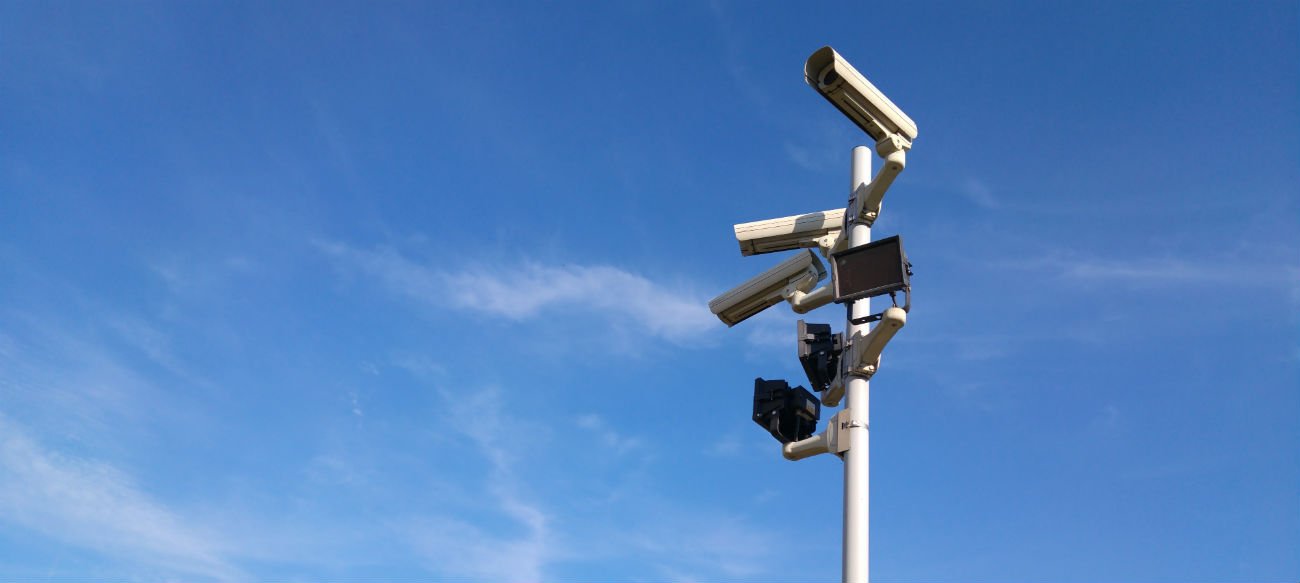
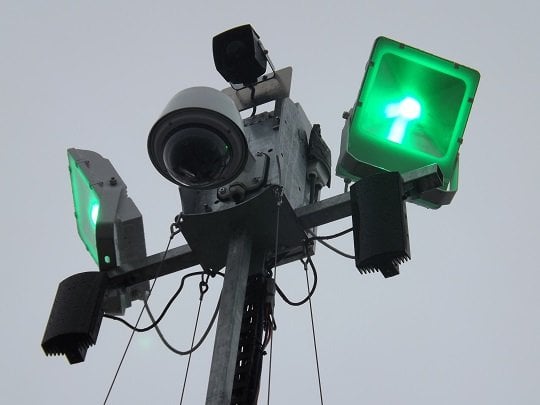
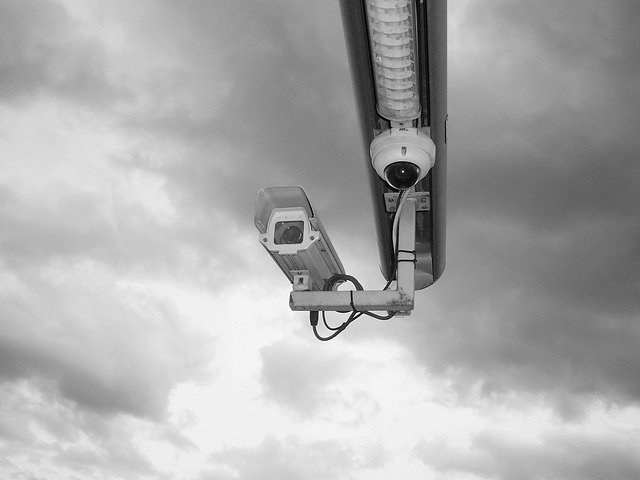 The police can identify criminals recorded with cameras. Through surveillance cameras, the police can both prevent crimes from happening and can quickly solve criminal cases with material evidence.
The police can identify criminals recorded with cameras. Through surveillance cameras, the police can both prevent crimes from happening and can quickly solve criminal cases with material evidence.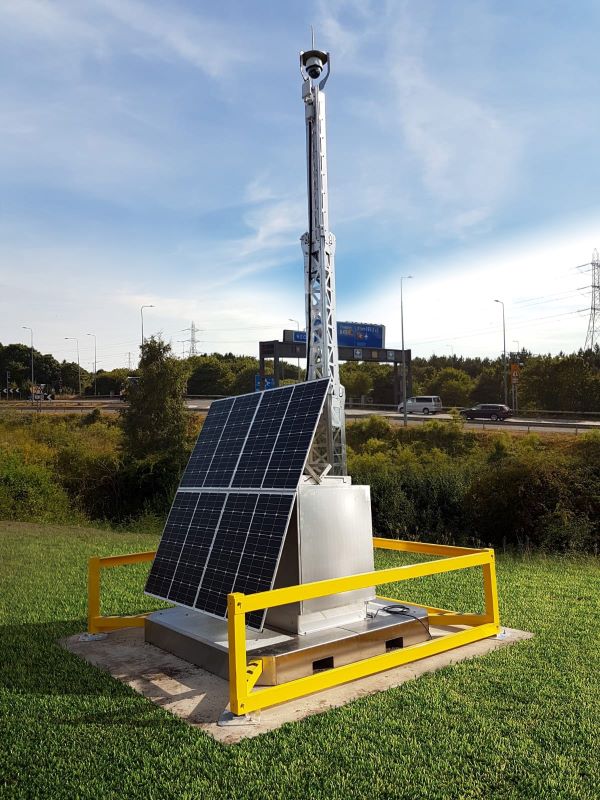
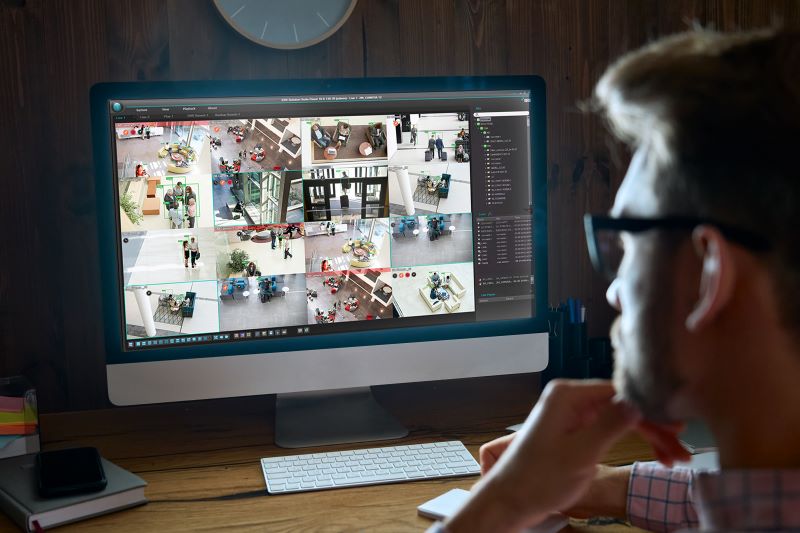
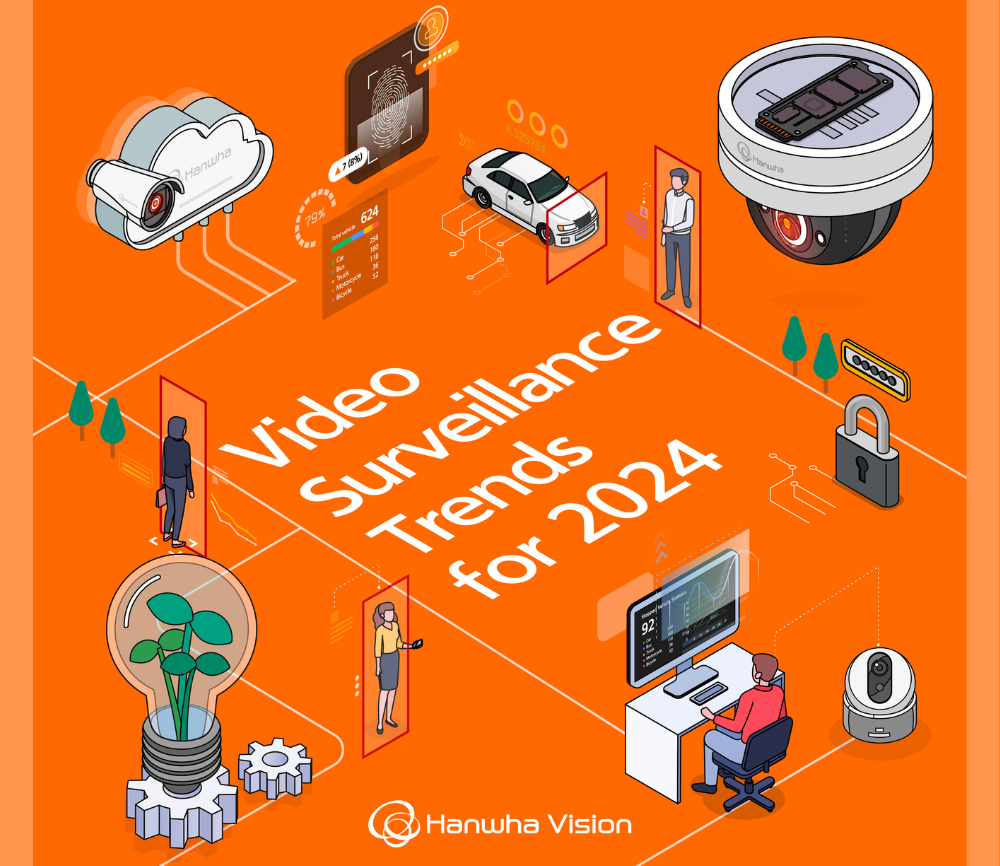
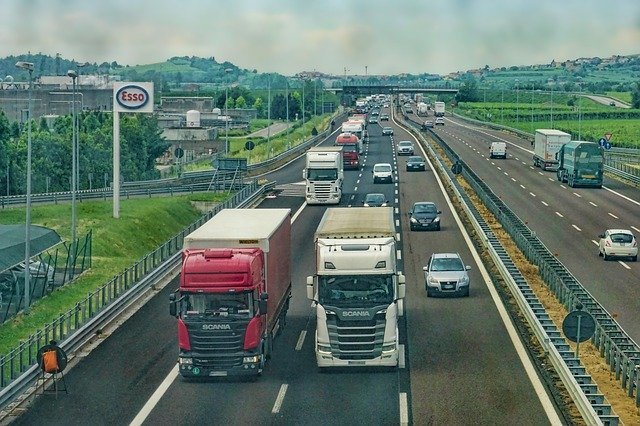
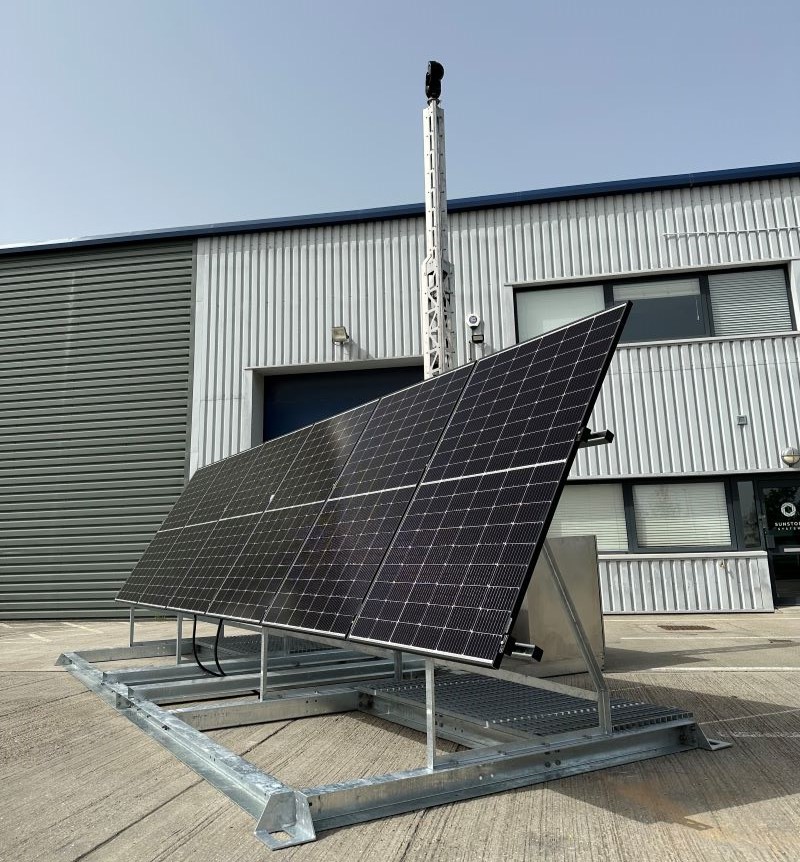
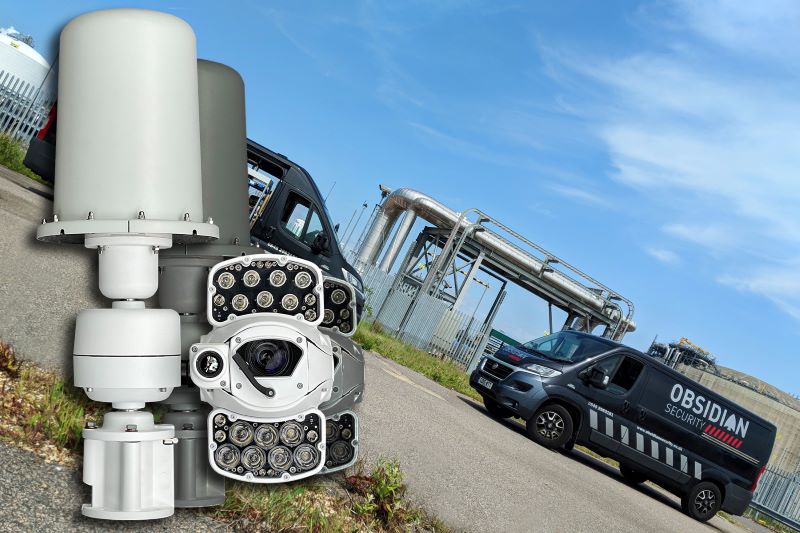

If you need high speed recording, opt for IP camera. In my view it is the best security system with low cost of ownership.
Yes it a great idea to install CCTV Cameras to protect from terrorism. Now these days cctv cameras are very important to know about crime and terrorism. Even we need to install cameras in our home. I have also installed Revo security cameras in my home.
Many European countries now employ public video surveillance as a primary tool to monitor population movements and to prevent terrorism. http://amzn.to/245gIvY
There are always two sides of a coin, however you have to see which side is more preferable. Privacy is one matter of course but safety is much more important. I have installed CCTV cameras in both my work and residential place from HE Technology. Find more about them at http://www.hetechnology.com
In the present era, use of security cameras has become inevitable at houses, shopping malls, roads,offices etc. http://amzn.to/245gIvY
much is said about security cameras, this is some of it
Surveillance camera, you can say it is one of the important tool to stop terrorism now, it keeps an eagle eye on criminal activities, but where ever you want to use such camera you should check it’s recording quality first.
Ive never understood the “privacy” argument. If you dont own the land you arent entitled to anything from it…including privacy.
I think it’s a Great idea -along/ personnel, it completes a thorough enforcement plan
How is a camera going to stop terrorism.
its good information about cctv camera
What is the price of a camera model who can be put in a ass ?
May I know who is the author of rhis article?
Big Brother’s watching you
DOWN WITH BIG BROTHER!
lololol
so impartant
the was a great website to get a school assingment done
lol
I dont see how these CCTV cameras will stop terrorism.
thanks
I see nothing wrong in putting cameras in public places
Not bothered
it’s on the page……..
Cameras are a invasion of privacy.
I’m doing a school assignment too.
I think that when babies are born the lizard people genetically insert frog chemicals in their blood
sub to pewdiepie
Me too an essay
so say you have a camera that someone can see it they would shoot it if they had a gun so I recommend to have cameras built in to a house that will be pertected by cameras.
how are you gonna stop terrorism
And we can see who the person is with the gun so we can hunt them down and bring them to court.
how does this works?
I’m also doing an essay.
same bro the Bern Chern ammi right
Freedom of choice, I called it slavery. At least where not confined to prison. But it structured exactly the same way, except for work works: more productivity, George Orwell in 1984. Kinda creepy growing up in this generation.
Gotta way with lots of bad behaviour, lucky to of learned from my mistakes without of suffering from a criminal record, now children pay for petty crime’s of being ingnourant without learning the strength of wisdom. They are all robot’s and never had the chance to to learn to learn. Good Luck.
Is it legal if there is no signs that there is monoriting and the camera is hidden in tree stump and covered in camouflage camel mesh?
same sis
jajajajajajajajajajajajajajajajajajajaja
Do you have to post a sign stating the use of video surveillance equipment is being used in a this area? Specifically in Florida?
Are there laws/rules regarding shops that place surveillance cameras which do not work/or are ineffective for one reason or the other, as it is misleading to the public and provides a false sense of security therefore leaving persons more vulnerable; and do they owe a duty of care to such persons?
But how do you feel if 5-10 eyes are constantly watching at you…..
and moreover cctv cannot help us if placed in public places;;;
MG
Surveillance is a synonym for spying. I don’t like being watched every minute I go outside. Cameras don’t prevent crime. Someone still gets stabbed or robbed, etc.Police are the real criminals, and the legal system is set up to protect or go easy on them if charged. They even have special laws made for police officers, that if you break one, could mean jail time. However, doing the same thing to an ordinary citizen won’t get you arrested. Someone shoots a person, gets thrown in jail. Cop shoots or kills a person, just doing his job. Gets put on paid… Read more »
what is wrong with it if you are not doing something wrong?
who are they talking about here? “New York a man got stabbed and was left to die in front of three surveillance cameras. It took the ambulances 2 hours to get to the injured man, and he died before getting to the hospital. The surveillance cameras did nothing to help the man. “
No better option is IP camera.
same here
research how the patriot’s day bombers were caught and you see how useful cameras are in the fight against terrorism.
True! A CCTV is a video surveillance system that is placed in security cameras to help record images and videos in a home, business property, and even on the roads.
Not to mention to help find a prime suspect in a Murder
People all over the world are starting to get surveillance systems mainly because they don’t feel safe in their own home. recording quality is key but its only key for u if you dont now how to take away the plur when you zoom in